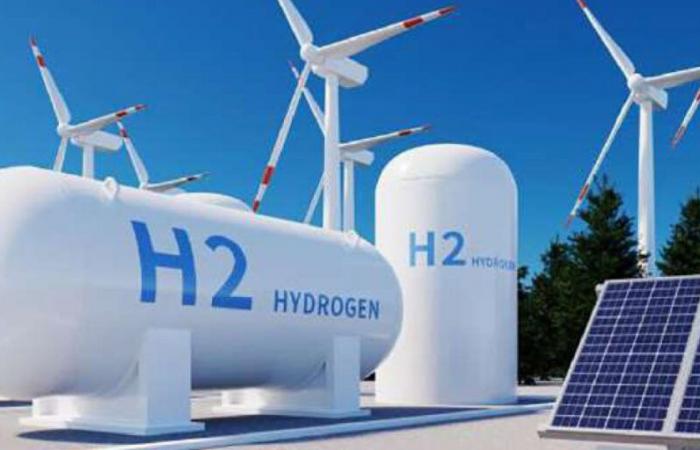The report from the Court of Auditors provides a contrasting assessment of the National Energy Strategy 2009-2030. Insufficient governance, delayed projects, missed objectives, so many challenges that are slowing down a transition that is nevertheless essential. But solutions are on the table.
An ambitious program, but mixed results. This is the observation made by the Court of Auditors in its 2023-2024 annual report on the National Energy Strategy (SEN) 2009-2030. Although notable progress has been made in certain areas, notably renewable energies, significant delays, incomplete governance and unfinished measures compromise the achievement of the objectives set. Faced with this observation, the court makes clear recommendations to correct the trajectory and revitalize an essential energy transition for the country.
A weakened strategic framework
The objective of the SEN was clear: secure energy supply, promote accessible and sustainable energy, while preserving natural resources. However, failures in governance have undermined these ambitions.
The report highlights management that is too focused on the electricity sector, neglecting other essential aspects such as energy efficiency or the diversification of energy sources. The low frequency of meetings of governance bodies illustrates these shortcomings.
For example, the board of directors of the National Office of Electricity and Drinking Water (ONEE) only held five meetings between 2010 and 2023, far from the 28 provided for by law. This lack of monitoring hinders the coordination of efforts and slows down the necessary structural reforms.
Delays weighing on ambitions
Despite undeniable progress, particularly in the development of renewable energies, the results remain below the objectives. The share of renewable energies in the electricity mix, in terms of installed production capacity, has certainly increased, from 32% in 2009 to 40% in 2023, but remains lower than the objective of 42% initially set for 2020.
These delays are explained by unfinished projects and insufficient capacity of the electricity network to integrate new energy sources. Added to this are administrative blockages, such as the unfinalized transfer of renewable energy installations from ONEE to MASEN, planned for 2021 but still pending in 2024.
This situation also slows down the creation of an independent electricity network manager, a key pillar of Law No. 48.15.
Persistent vulnerabilities
The oil sector suffers from a chronic deficit in safety stocks. In 2023, reserves of gas, gasoline and butane gas only covered 32, 37 and 31 days of consumption respectively, far from the required 60 days. This weakness is aggravated by limited diversification of entry points for petroleum products.
Indeed, since 2009, only the port of Tanger Med has been added to the list. On the natural gas side, the absence of a clear national strategy limits efforts to reduce dependence on coal in electricity production. The projects launched since 2011 have not been successful, slowing down the development of an attractive gas market and penalizing the transition to less polluting energies.
Energy efficiency, the great forgotten
Energy efficiency, although declared a national priority, remains largely neglected. The two successive versions of the SEN, developed in 2014 and 2019, have never been validated. This inertia deprives the country of an essential lever to reduce its energy consumption and improve its economic competitiveness.
The report highlights the absence of incentive schemes and dedicated funding to support reforms in the most energy-intensive sectors. This situation slows down the adoption of planned measures and compromises potential gains in efficiency.
Relaunch the energy dynamic
To overcome these obstacles, the Court of Auditors calls for rapid and concerted action. She insists on the need to validate and implement a SEN, accompanied by a system of incentives to encourage private investment.
In the electricity sector, the acceleration of structural reforms is crucial. This includes the separation of production, transmission and distribution roles, finalizing outstanding legal texts and completing the transfer of ONEE facilities to MASEN.
Furthermore, the development of a competitive gas market and the diversification of import infrastructures are among the priorities capable of strengthening energy independence.
Faiza Rhoul / ECO Inspirations






